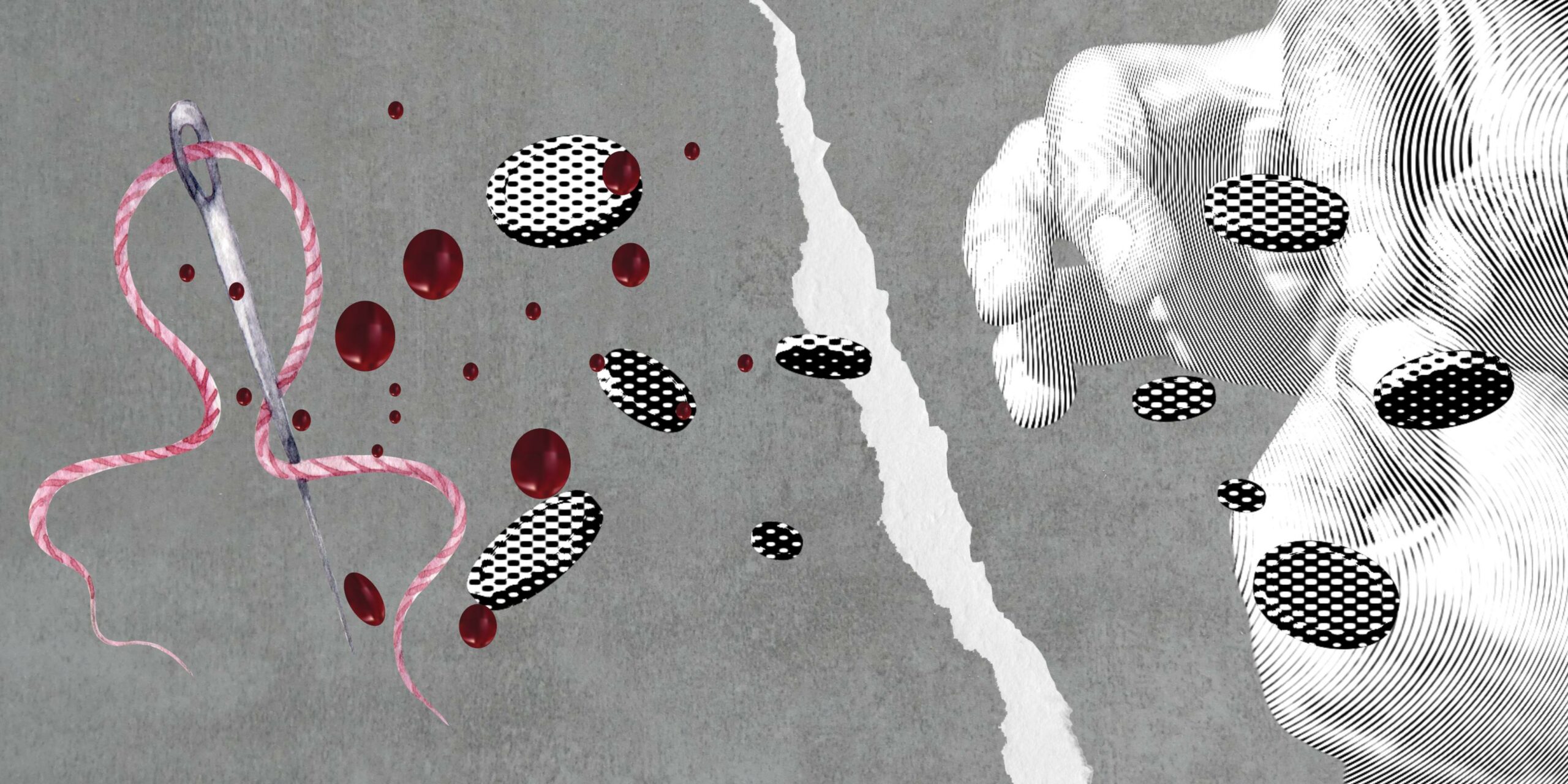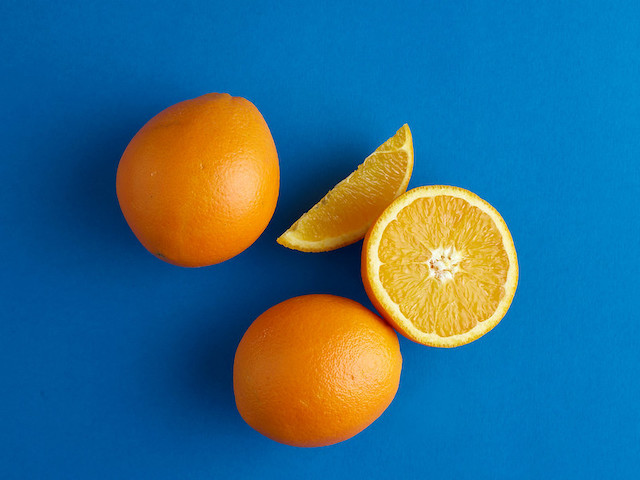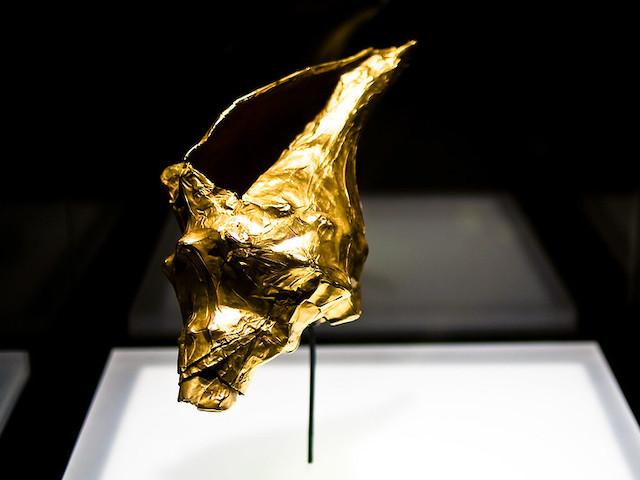I think about your hands when I look at mine

September 8, 2023
Your hands begin their deterioration when you are seven: the first time you thread a needle. The red thread balances between the eye of the needle, a knot loops clumsily through the end and strains against the thick grain of Grandpa’s rough gray shirt. The tension finally releases when you prick your finger open upon your first stitch. A droplet of blood blossoms, but you hardly notice. You’ve discovered a new toy.
At twelve, your hands are tougher, rougher, and confident. They produce fifty pillowcases a week while fixing up the tattered clothing of your seven older siblings. Every Monday, a sprinkle of coins from your left pocket jingle goodbye as they escape your fingers and land in Grandma’s waiting hands. With your other hand, you clutch the equivalent of a U.S. penny. Back then, a tenth of a yuan would have been a penny. If only you were here, then.
At fourteen, your hands are patching up the entire neighborhood’s supply of ripped pants—all identically gray—because you didn’t want to look flashy, but you also didn’t want to look broke, even though every family knew how poor the other was. The feeling of a job well done nevertheless comforts and pushes you towards perfection. A source of pride, you call it.
At sixteen, your hands are mature, firm in their understanding of craft as they connect cloth and needle methodically, almost mechanically if not for the occasional soft touch of satisfied admiration. They smooth over fifty shirts and twenty pairs of pants a week, folding them up and delivering them each Monday morning. Now that you aren’t busy going to school and spending all your pennies on cloth for your own experiments, you can finally start saving up. After all, who needs nice clothes when there is no longer anyone to impress?
At eighteen, your hands are once again creating instead of fixing. Behind barbed wire and metal bars, they put together new shirts and pants for your jailors, who hold you captive in rural China, away from your home in Beijing. Your pretty dresses and colorful skirts attract hopeful, and then bitter, suitors, who eventually report you for promiscuous behavior. For three years you make your jailors and their children, their mothers and their sisters anything they want. Long, flowing skirts tailored to the centimeter, button-up shirts with narrowed shoulders: you make them feel beautiful. And that’s how you got out, you tell me, by making them feel beautiful. Yet it was the pursuit of beauty that landed you there in the first place.
At twenty-six, your hands are tired, but secure and gentle in cradling the bundle at your bosom. Your hands are tired but newly imbued with purpose, and you channel that purpose into your work, qipao after qipao, until every woman wearing one knows your name.
At thirty-seven, your hands that held my sister’s so tightly let go and take a fugitive’s instead. Dad, with his paper son documents, paper promises, paper everything, brings you to me, here: in the middle of Queens, New York, where the ashy gray house on Holly Avenue sits sunken, holding its breath. Three years later, even he lets go.
At forty-one, your hands are fearful, clutching another bundle to your chest. They carry the weight of another life, untainted by the makings of the past. The familiar roots of purpose sink into your heart, your hands—your medium of demonstration channeled through a performance of craft. A week later, Dad is back, and you are back at work. Your hands are worth ten cents per hemming.
At fifty-seven, your hands are swollen, wrapped in surgical bandages and pumped full of anesthesia, empty of the power they once held. Gone with it is the independence they enabled. Unemployment insurance: at least here we are compensated for our loss, you tell me. I open the mail for a check of $847.50. Now I don’t have to work, you say. But it was never work, Ma, it was your dream that never had a chance to take shape.
At seventeen, my hands hold yours, the remnants of their magic etched in my memory. My mind, like a crumpled piece of paper, is smoothed by the touch of your hands, the memory of the life they embody. I am going away, far from home, to a place where my hands will never be worn down like yours, where my body is my own in a way you cannot understand.
At twenty, I am finally distant enough to realize my questions. It is only away, in college, that I am curious to learn about the makings of your past. In class, we learn about the Cultural Revolution, pidou, and the sent-down youth, the crumbling of families. In class, I find a reason for your breakdowns, your anger, the way you mistreat yourself, and your acceptance of it. For why your love for Dad remains—your hands, holding the telephone dotted with blood, unable to dial the numbers 9-1-1. Your hands that grip mine as we run away from the house on Holly Avenue. Your hands that drill into me that I need to learn to work with my brain, not my hands.
I have left you, Ma, but only to return. Every now and then, I think about the swollen fingers, crooked joints, and loose wrinkles on your paper hands, worn and tired, harsh and loving. The ring you bought for yourself when you married Dad still sits on your finger, coiled tightly above your knuckle, protruding from choked flesh. I think about your hands when I look at mine, and I feel the ring wrapped around my own finger, taut with weight.



